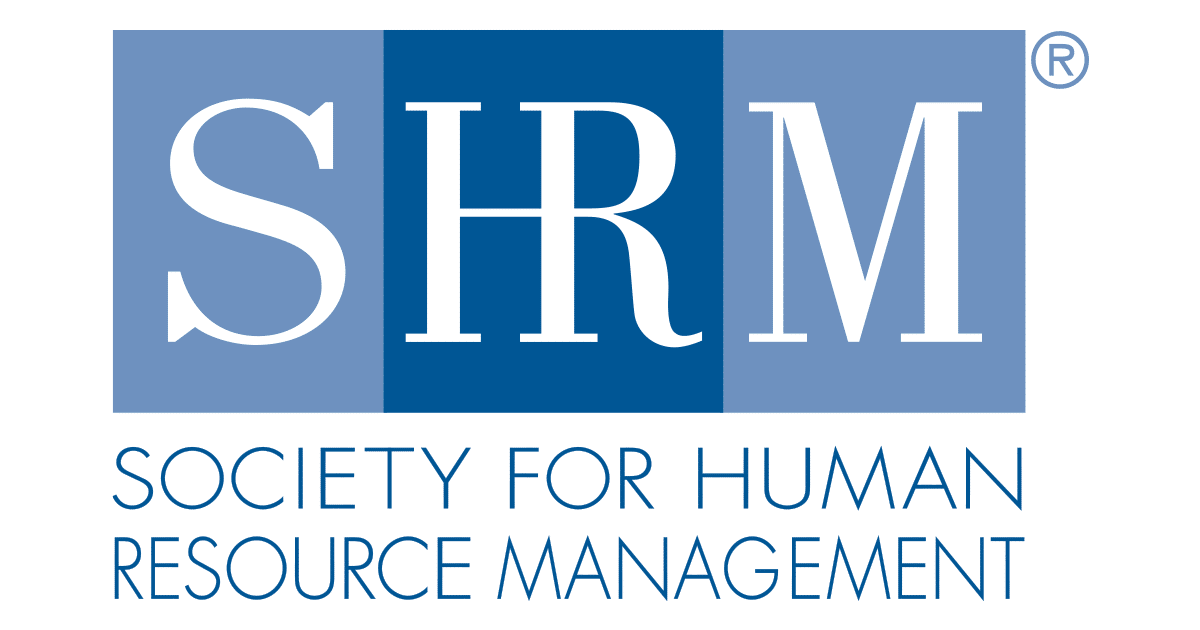We are living in a social media world, therefore it is no surprise that managers are turning to the internet to learn more about potential hires.
Let’s keep it real most of are guilty of conducting a “Social Media Background check” at least once (or maybe 100 times) in the past. However, the use of Social Media to screen potential employees can be ineffective, and comes with risks.
Here’s why –
Would finding out someone’s political affiliation, gender, age, sexual orientation, handicaps and physical appearance impact your decision to onboard a potential candidate?
For most of us the answer is yes, and to that we answer – Anti-discrimination laws.
Then there is the case of False Identity.
How does the employer know that the “John Smith” Facebook page belongs to the same John Smith applying for the position?
Next up the Social media Ghost.
Many people choose to avoid the social media world, or take breaks and de-activate accounts. Would being a ghost on Google be a disqualification from an interview? How do you differentiate and keep it “fair” to avoid illegal hiring practices.
Okay, we get it.
With the power of the internet at our fingertips the temptation to do a little research on the potential hire can be difficult to resist.
So to that we say –
If you must “cyber-vet”, here is how to do it safely:
- Distinguish between social media used for mainly private and professional purposes. Using LinkedIn may be legitimate, however Facebook, Instagram ect. is most often used for private purposes.
- If it is necessary to screen candidates for qualities, such as drug use, use a third party to conduct the search. Any protected information should not be relayed to the employer and searches should be carried out as late in the recruitment process as possible.
- Respect the same restrictions that apply to offline checks in relation to discrimination.
- A candidate’s profile should not be searched unless the employer is looking for specific information directly relevant to the job.
- Organizations should develop a clear policy regarding the use of social media in recruitment.
- Although it may not be possible to verify that information obtained is correct, reasonable steps should be taken to ensure the accuracy of any information retrieved online.
- Personal data collected during the recruitment process should not be kept for more than two years where the applicant is not hired.











